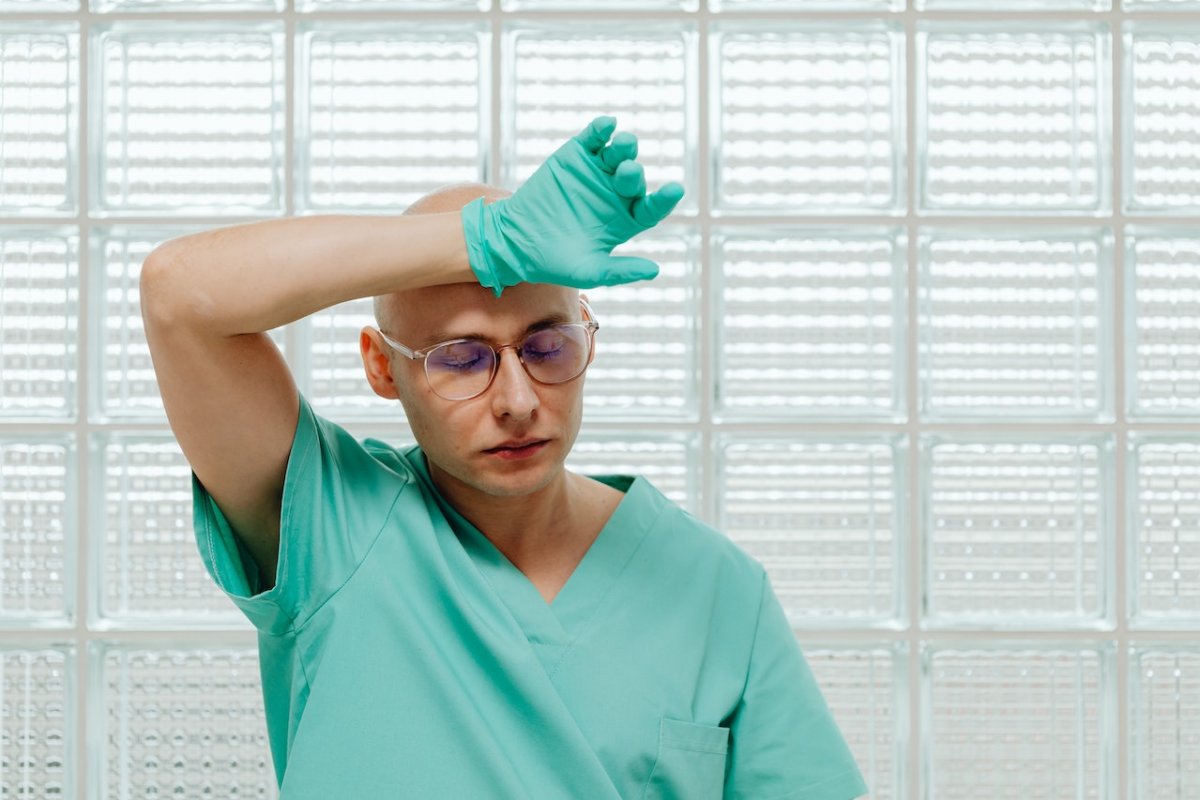
The doctor warned that “excessive” sweating – a condition known as hyperhidrosis – can signal a number of serious health problems .
Hyperhidrosis is the medical term for excessive sweating.
“It is important to remember that sweat is a vital function of the body, the main role of which is to help control our body temperature and remove some toxins. In fact, it is the result of overstimulation of the sweat glands. Physiologically, sweat production requires acetylcholine (a neurotransmitter ) to activate the eccrine sweat glands,” says therapist Irina Andreeva especially for the MedikForum.
The girl sweats 10 times more than usual
As water evaporates from sweat, the surface of the skin cools, so we We sweat more in hot weather or during exercise or exercise. Sweat can also be an emotional response to stress or anxiety, and a response to spicy foods or hot caffeinated drinks when our body tries to cool down.
Disease and certain health conditions can make us sweat more, and changes in hormones can also increase the amount of our sweating.
Excessive sweating is a signal of a serious illness
Diseases that can cause hyperhidrosis
Doctor Andreeva named diseases, which can lead to excessive sweating.
Diabetes. Hyperhidrosis can be caused by emergencies such as hyper- or hypoglycemia, such as when blood sugar levels become very high or very low.
Hyperthyroidism (overactive thyroid) – speeds up the metabolism, causing symptoms such as anxiety, increased heart rate and fever.
Malignant neoplasms/cancer. This may be due to the cancer itself, such as lymphoma or leukemia, or to an infection (due to reduced immunity).
Infections – such as malaria or tuberculosis.
Neurological diseases – including epilepsy, tumors or infections as a by-product of an illness or treatment.
MedicalForum has previously written about drinks that lead to aging.
< p class="warning_txt">Important! This information is provided for reference only. Ask a specialist about contraindications and side effects and under no circumstances self-medicate. At the first sign of illness, consult a doctor.
